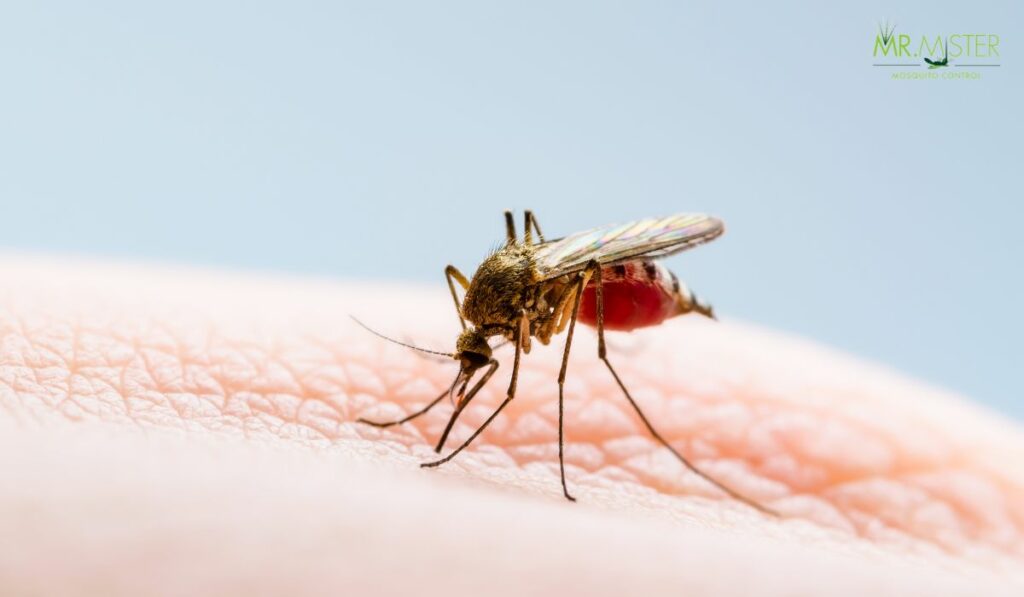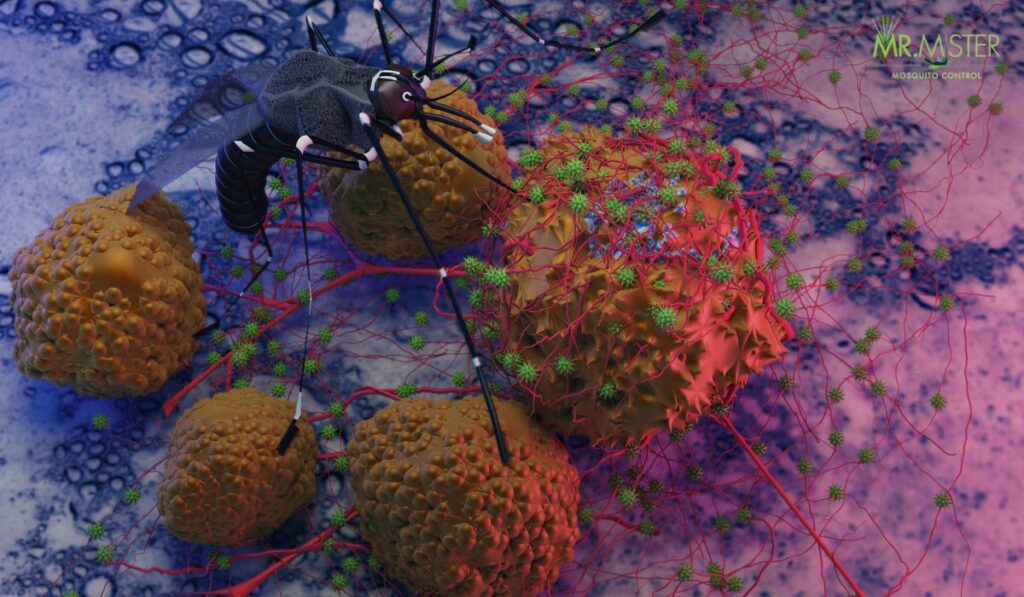Zika Virus Update: The Known and Unknown About Zika
The Zika virus continues to be an enigma, with much yet to be unraveled.
While scientists have made significant progress in understanding its transmission and effects, there are still gaps in our knowledge.
Ongoing research aims to shed light on these unknowns.
First Locally Transmitted Cases
The first cases of locally transmitted Zika virus were reported in 2015, marking a turning point in our understanding of the virus’s potential to spread rapidly within communities.
Zika Virus Statistics
Zika virus statistics have painted a vivid picture of its global impact.
Thousands of cases have been reported across continents, highlighting the need for vigilant surveillance and preparedness.
Response to Zika Virus
Global health organizations and governments have responded proactively to the Zika virus threat.
Strategies include mosquito control measures, public awareness campaigns, and collaborative research efforts.
Pregnancy and the Zika Virus
Pregnant women infected with the Zika virus face unique risks, as the virus can lead to severe birth defects in their babies.
Timely interventions and precautions are crucial to safeguard maternal and fetal health.
Zika Virus Health Risks
Zika virus infections can range from asymptomatic cases to mild flu-like symptoms.
However, the most concerning aspect is its potential to cause birth defects, particularly when pregnant women are infected.
Zika Virus Awareness
Raising awareness is key in preventing Zika’s rapid proliferation.
Governments, health organizations, and communities collaborate to educate people about the virus, its risks, and preventive measures.
Zika Virus Facts
- The Zika virus was first identified in Uganda in 1947.
- Outbreaks have been reported in various countries, including Brazil, the United States, and parts of Southeast Asia.
- The connection between Zika virus infection during pregnancy and microcephaly was discovered in 2015.
Zika Virus Prevention Tips
- Use Mosquito Repellent: Apply an effective mosquito repellent to exposed skin and clothing.
- Wear Protective Clothing: Cover arms and legs, especially during peak mosquito activity times.
- Eliminate Breeding Sites: Regularly empty containers holding stagnant water to prevent mosquito breeding.
- Practice Safe Sex: Use protection or abstain from sexual activity if residing in or visiting a Zika-affected area.
- Stay Informed: Stay updated on travel advisories and health alerts related to Zika virus outbreaks.
Conclusion
In the intricate dance between humans, mosquitoes, and a microscopic virus, the Zika virus has emerged as a significant player.
Through awareness, prevention, and research, we continue to strive for a world where this viral threat no longer casts a shadow on our lives.
FAQs
What is the Zika virus, and how is it transmitted?
The Zika virus is a flavivirus primarily transmitted through mosquito bites. It can also be transmitted sexually and from mother to child during pregnancy.
What are the common symptoms of Zika virus infection?
Zika virus infection can cause symptoms such as fever, rash, joint pain, and conjunctivitis. However, many cases are asymptomatic.
Can the Zika virus be sexually transmitted?
Yes, the Zika virus can be sexually transmitted from an infected person to their partner.
What are the potential complications of Zika virus infection?
The most concerning complication is the potential for birth defects, particularly microcephaly, in babies born to infected mothers during pregnancy.
How does the Zika virus impact pregnant women and their babies?
Pregnant women infected with the Zika virus are at risk of giving birth to babies with severe birth defects, including microcephaly.
Where are Zika virus outbreaks most commonly reported?
Zika virus outbreaks are commonly reported in regions with Aedes mosquitoes, including parts of the Americas, Southeast Asia, and the Pacific Islands.
Is there a vaccine available to prevent Zika virus infection?
As of now, there is no approved vaccine for Zika virus. Research is ongoing to develop preventive measures.
What precautions should travelers take to avoid Zika virus exposure?
Travelers should use mosquito repellents, wear protective clothing, and avoid areas with high mosquito activity, especially if pregnant.
What is the link between the Zika virus and microcephaly?
The Zika virus infection during pregnancy can lead to microcephaly, a birth defect where a baby’s head is smaller than expected.
How has global health responded to the Zika virus threat?
Global health organizations and governments have responded by implementing mosquito control measures, conducting research, and raising awareness about the virus.
* Schedule a Free Mosquito Control Consultation – 404-941-0720 *
* Guaranteed Results * 100% Biodegradable * Locally Owned







